For thousands of years, Asians have sworn by the health-promoting effects of kombucha. Drinking kombucha ingests a variety of bioactive substances that can boost our immune system, digestion, and even the heart. It is not for nothing that Kombucha is also called the elixir of life.
Since kombucha contains sugars necessary for the fermentation process, you may be wondering how this can affect diabetics. In this article you will find an overview of what diabetes actually is - for all those who have always wondered what the types of diabetes mean. And for all diabetics, I would like to adequately answer the question of whether it would make sense to include kombucha in your diet.
SPLITZUM SHOP, /collections/kombuchaENDSPLIT
Types of Diabetes - Causes and Effects
Diabetes is increasingly becoming a societal problem. But what exactly happens with the metabolic disease? The body needs the hormone insulin to move sugar from the blood into the body cells . If we eat something, the so-called blood sugar level rises. The pancreas then produces more insulin. This mechanism does not function properly in a diabetic: either not enough insulin is released or the cells no longer react properly to the hormone. Insulin resistance develops.
This is not without consequences. If the blood sugar level is permanently high, the body tries to excrete the sugar through the urine. Diabetics therefore often have a stronger urge to urinate and a pronounced feeling of thirst. If this condition is not treated, the blood vessels and nerves suffer. Possible late effects include kidney damage, heart attack or eye diseases.
There are different types of diabetes
There are different reasons for insulin resistance: In type 1 diabetes, the body's defenses destroy the cells in the pancreas that produce insulin . In the case of type 2 diabetes, on the other hand, resistance is mainly caused by an unhealthy lifestyle and being overweight . About 90 percent of all diabetics suffer from this form of the disease. There is also what is known as gestational diabetes , which affects around two to twelve percent of all pregnant women. In most cases, during the 24th and 28th week of pregnancy, the insulin sensitivity of the cells in the body increases. This is triggered by hormones that the body produces during this time. Diabetes usually goes away after childbirth. Type 3 diabetes refers to a number of sub-forms of diabetes, which are rare and sometimes difficult to distinguish from the other forms.

Diabetics who suffer from type 1 have to supply their bodies with insulin throughout their lives. This can be prevented in the case of type 2 diabetes – if the disease is recognized and treated early enough. It is all the more important to explain that a lifestyle with plenty of exercise and a balanced diet is essential . For example, we recommend eating plenty of fruit, vegetables, high-quality olive oil, nuts and – you guessed it – even kombucha . Sport also helps : Ideally, it should be half an hour of endurance training (e.g. walking, cycling or swimming) per day.
INJECT_FEATURED_PRODUCT
Kombucha for diabetics: yes or no?
In Asia, the fermented beverage Kombucha has been drunk for more than 2,000 years to cleanse body and soul and to increase well-being, health and beauty. Today we know about the positive effects on our health.
So far, no harmful side effects of the tea drink have been found, it is generally very well tolerated. Kombucha should be drunk preventively with a certain regularity, but not in large quantities. As a general dosage, I recommend drinking 200 to 500 ml (or 1 bottle of Kombucha Original = less than 1 BE) throughout the day. Diabetics can also drink Kombucha without hesitation . Although sugar is used to prepare the tea drink, most of it is consumed by the bacteria and yeasts in the fermentation process, so that the only residual sugar is fructose, which diabetics can consume in large quantities without hesitation .
The residual sugar content can be counted as a BE (bread unit) for diabetics. Bread units are a measure of the carbohydrate content of a food. People with diabetes who require insulin need this information to calculate their insulin dose. 1 BE corresponds to 12 g of carbohydrates. The longer the tea drink is left to ferment, the lower the residual sugar content becomes, which is an advantage for diabetics. If you are a diabetic, please ask your doctor or nutritionist if you are unsure before drinking Kombucha.

Kombucha: effect on glucose metabolism
Kombucha can stimulate carbohydrate metabolism and thus support normal blood sugar levels. The comparison of several studies showed that the consumption of black tea, like that of green tea, has a blood sugar-lowering effect and can thus reduce the general risk of diabetes. Derived from this, kombucha has an effect on glucose uptake, regardless of the tea it contains.
Tip: Kombucha made from green or black tea has a positive effect on glucose absorption and blood sugar levels. Kombucha can thus reduce the risk of diabetes. Green tea kombucha may be even more effective at improving blood sugar levels. It also improves liver and kidney values.
SPLITZUM SHOP, /collections/kombuchaENDSPLIT
Conclusion: What is certain is that unpasteurized kombucha can do a lot for our immune system despite the sugar left over after fermentation and the high amount of nutrients, the positive effect on our microbiome and the alkaline metabolism. It makes sense to include the fermented tea drink in your daily diet as a preventive measure against diabetes. Diabetics do not have to do without the delicious soft drink Kombucha, taking into account the BE to be counted.
Please ask a nutritionist or doctor if you are not sure how much Kombucha per day is good for you and please always note the quantities of sugar when buying Kombucha. The quantities can vary greatly depending on the manufacturer.
FAQs
What actually is kombucha?
Kombucha is a fermented fermentation drink that is made with the help of a culture (tea fungus).
The so-called tea fungus consists of various microorganisms, bacteria and yeast cultures. It turns tea and sugar into a healthy soft drink. During the fermentation process, bacterial cultures and yeasts metabolize the sweetened tea into valuable vitamins, organic acids, dextrorotatory lactic acid bacteria and enzymes, among other things. This creates the unmistakable sweet and sour taste and sparkling natural carbon dioxide.
The fermentation drink has a long tradition. Hundreds of years ago, Kombucha was valued in Asia and Eastern Europe for its healthy effects as an elixir of life and a source of health.
How does kombucha taste?
Kombucha takes on different flavors depending on how it is made, processed, and ingredients added. A raw kombucha that has not been pasteurized tastes sweet and sour, a bit tart than conventional lemonades and very refreshing.
The type of tea used in the production plays a major role in the creation of the taste and leads to a more or less intense kombucha. The source of sugar used in the fermentation also plays a crucial role.
By adding different fruit juices, the kombucha taste can be changed as desired during the second fermentation.
Our kombucha varieties surprise with a variety from sweet and sour to spicy ginger to fruity and exotic.
How much sugar does Kombucha contain?
The sugar content varies depending on the manufacturer. Each variety of our kombucha contains 3 g of sugar per 100 ml. Kombucha needs carbohydrates for fermentation. Our organic kombucha is fermented to such an extent that it contains as little sugar as possible (up to 50% less than comparable products and up to 80% less than conventional lemonades) and it is unpasteurized. This means that it contains many nutrients for you, such as vitamins, healthy yeasts and microorganisms and also tastes delicious. If we let our kombucha ferment to such an extent that it no longer contains any sugar, it would be too undrinkable as a soft drink.
What are the ingredients in kombucha?
Bacterial and yeast strains: Acetobacter xylinum, Acetobacter oxydans, Gluconobacter oxydans, Gluconobacter xylinus, Saccharomyces apiculatus, Saccharomyces cerevisiae (baker's yeast), Saccharomyces ludwigii, Schizosaccharomyces pombe
Vitamins: Vitamin B1, B2, B3, B6, B12, Vitamin C, Vitamin D, Vitamin E, Vitamin K, Folic Acid
Organic acids: malic acid, succinic acid, acetic acid, folic acid, glucuronic acid, gluconic acid, malonic acid, lactic acid, dextrorotatory (L+) lactic acid, oxalic acid, usnic acid, citric acid
Trace elements and minerals: iron, magnesium, sodium, potassium, calcium, cobalt, zinc
Secondary plant substances: flavones, isoflavonoids, polyphenols
Enzymes, amino acids and tannins: including 14 different amino acids
Sound Health!







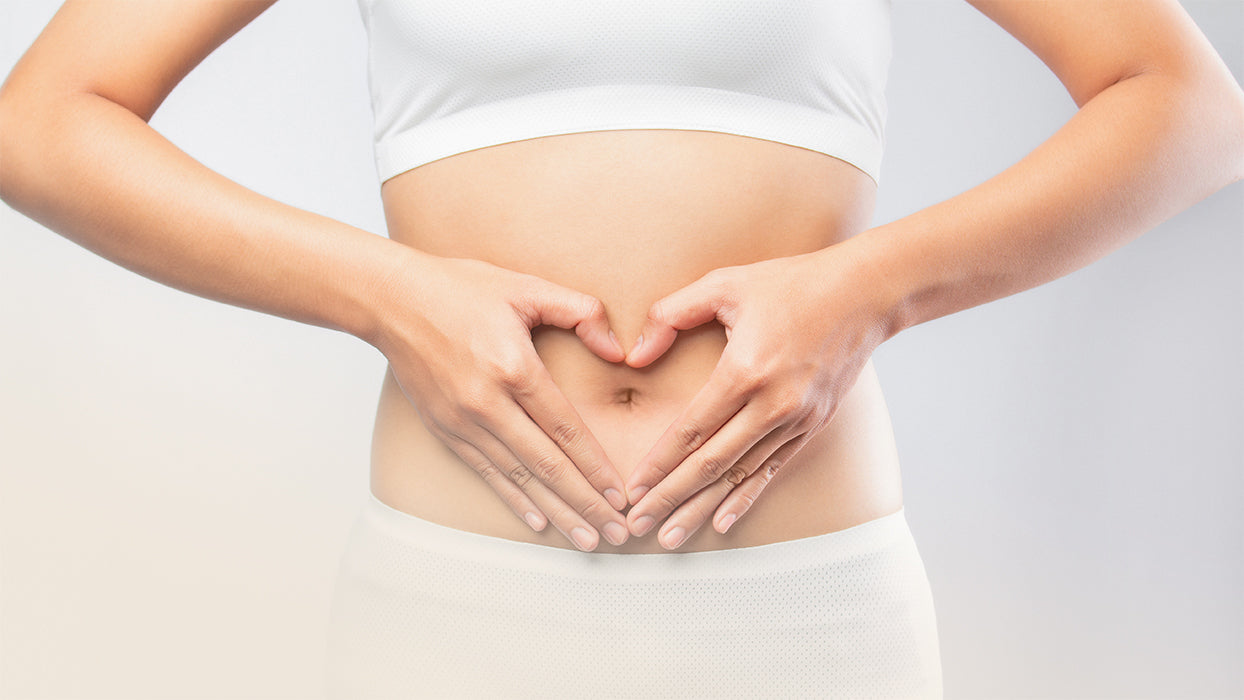
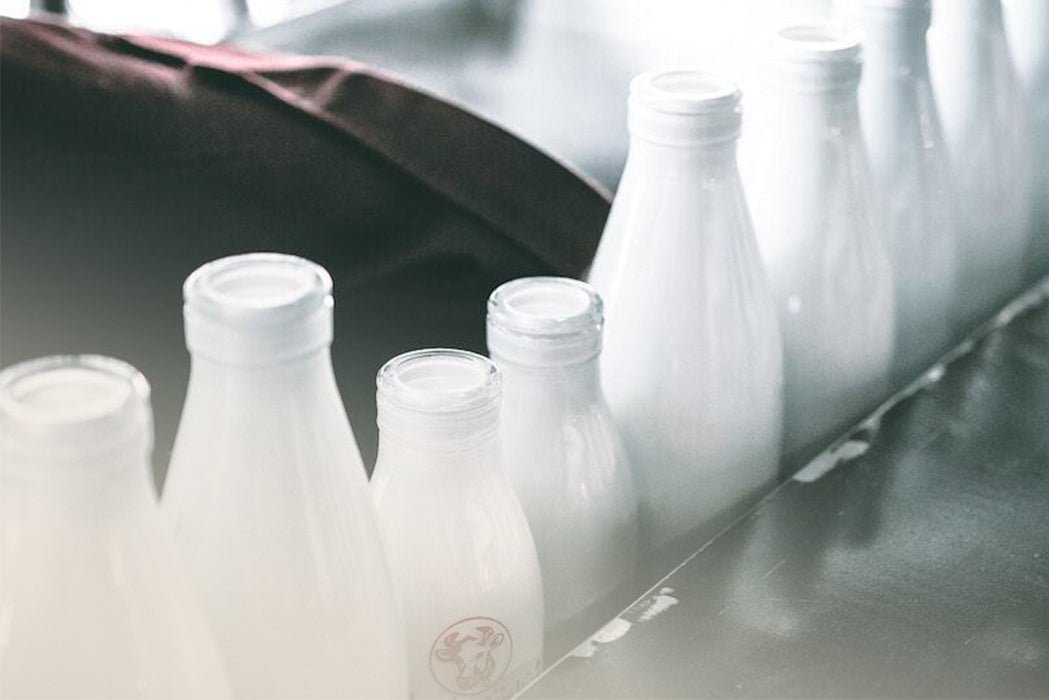
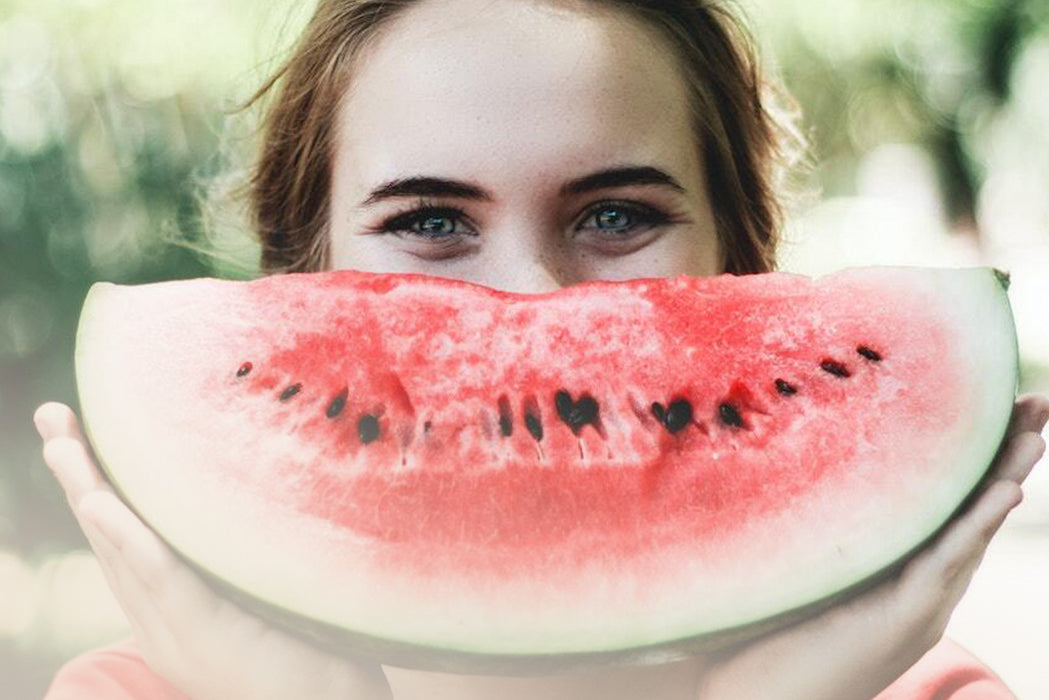
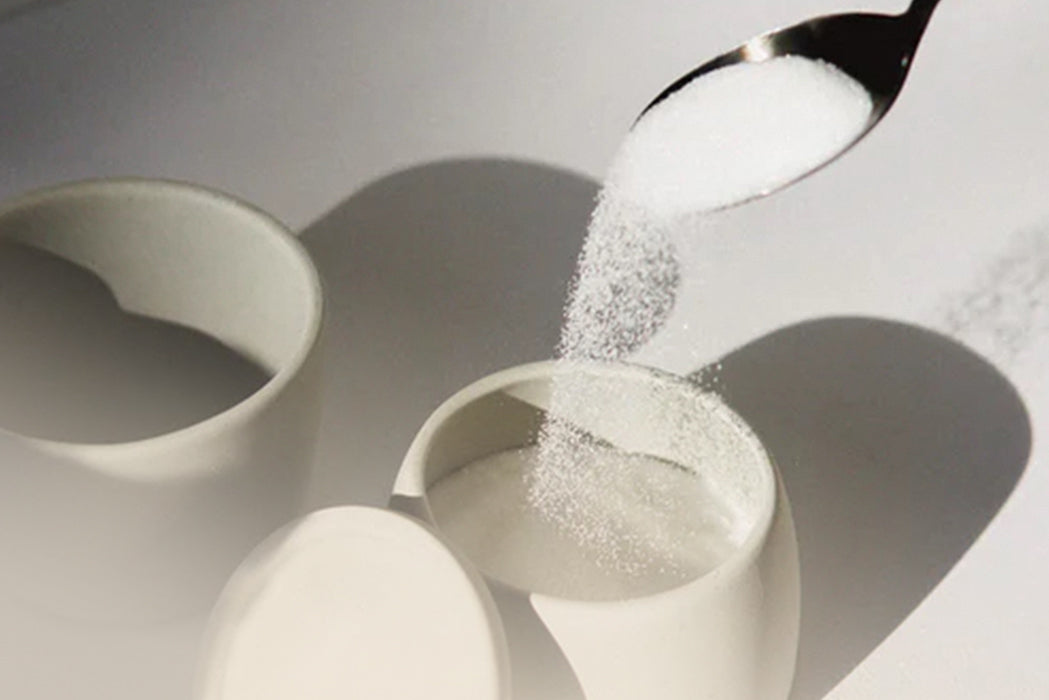
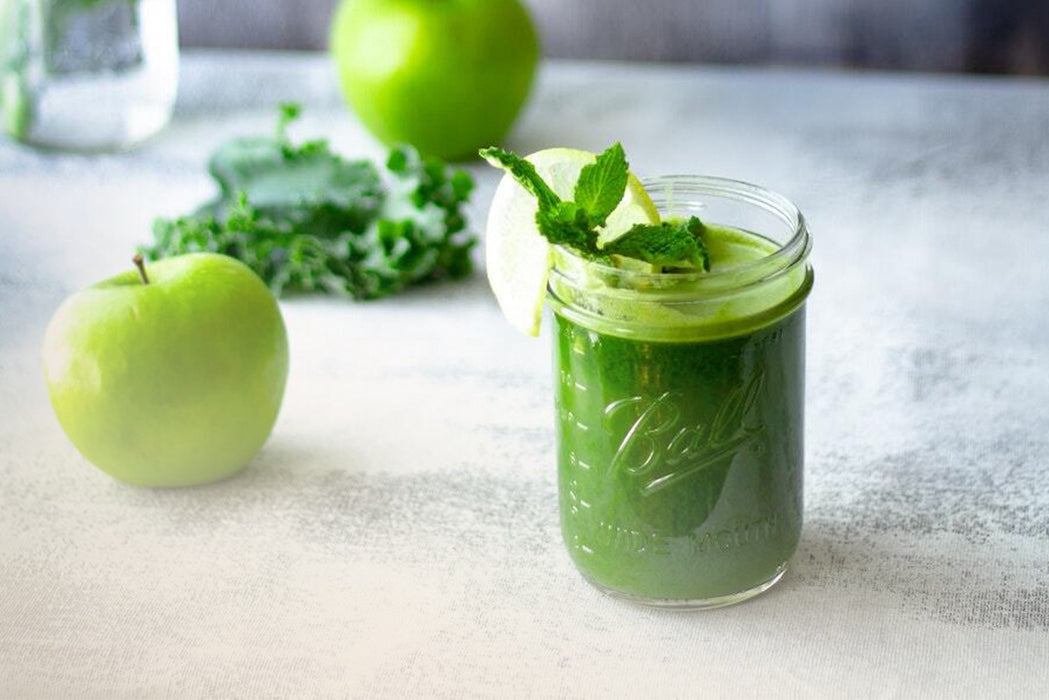


Teilen:
1 comment
Bonjour, je suis DT2, quelle est la quantité à boire par jour? Le matin à jeun, es ce bon? Où peut on acheter le Kombucha et la cure doit durer combien de temps ? Merci beaucoup pour votre réponse. Je suis sous insuline et metformine 1000mg/jour le midi . Cordialement.